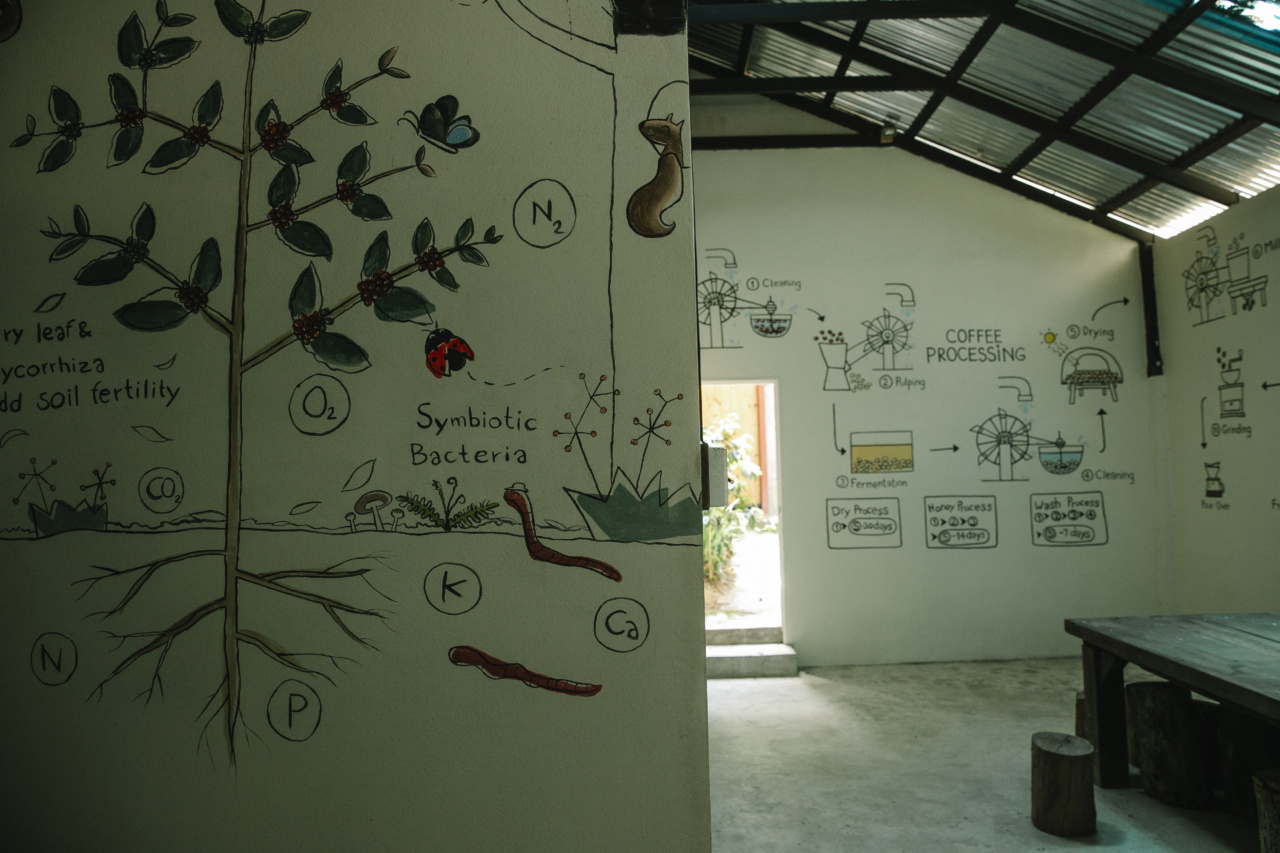Coffee is one of the most consumed beverages worldwide, known for its stimulating effect on the mind and body.
However, recent studies have shown that coffee may have a much more surprising role in extending life expectancy for individuals living with metastatic bowel cancer. This article delves into the potential benefits and risks associated with coffee consumption for patients living with this condition.
Understanding Metastatic Bowel Cancer
Metastatic bowel cancer, also known as stage IV colorectal cancer, is a condition where cancer cells have spread to other parts of the body, such as the liver, lungs, or other distant organs.
It is a severe form of cancer that usually requires aggressive treatment, including surgery, chemotherapy, and radiation therapy. Unfortunately, the prognosis for metastatic bowel cancer is not promising, with a five-year survival rate of about 14%.
The Potential Benefits of Coffee for Metastatic Bowel Cancer Patients
While coffee is not a cure for cancer, emerging research suggests that it may play a role in improving the prognosis and extending the life expectancy of individuals living with metastatic bowel cancer.
Here are some potential benefits associated with coffee consumption:.
1. Antioxidant Properties
Coffee is rich in antioxidants, which can help protect cells from oxidative stress caused by cancer cells.
Several studies have shown that coffee consumption is associated with a lower risk of developing colorectal cancer, and this protective effect may extend to individuals already living with metastatic bowel cancer.
2. Reduced Risk of Cancer Progression
A 2017 study published in the Journal of Clinical Oncology found that metastatic colorectal cancer patients who consumed caffeinated coffee experienced a lower risk of cancer progression and death compared to those who did not drink coffee.
The researchers hypothesized that compounds found in coffee might inhibit cancer cell growth and prevent the spread of the disease.
3. Enhanced Treatment Efficacy
Coffee contains caffeine, a stimulant that can increase alertness and enhance the effectiveness of chemotherapy.
A study published in the International Journal of Radiation Biology suggests that consuming coffee before undergoing radiation therapy may improve treatment outcomes by sensitizing cancer cells to the effects of radiation.
The Risks of Coffee for Metastatic Bowel Cancer Patients
Although coffee shows potential benefits for individuals with metastatic bowel cancer, it’s essential to consider the potential risks as well. Here are some factors to keep in mind:.
1. Interactions with Medications
Coffee contains compounds that may interact with certain medications used to treat metastatic bowel cancer.
It’s crucial for patients to consult with their healthcare providers to ensure that coffee consumption does not interfere with their treatment plan or medications.
2. Gastrointestinal Side Effects
Some individuals may experience gastrointestinal side effects such as acid reflux, heartburn, or diarrhea due to coffee consumption. These symptoms can worsen existing gastrointestinal issues that often accompany metastatic bowel cancer.
It’s important for patients to monitor their body’s response and adjust coffee intake accordingly.
3. Individual Sensitivities
Everyone’s response to coffee can vary, and some individuals may be more sensitive to its effects. Certain compounds in coffee, such as caffeine, can lead to increased heart rate, jitters, anxiety, or insomnia.
Patients should pay attention to their body’s reactions and limit coffee intake if adverse effects occur.
Conclusion
While coffee may offer potential benefits to individuals living with metastatic bowel cancer, it’s crucial to approach its consumption with caution.
Patients should consult their healthcare providers prior to making any significant changes in their diet or lifestyle. Further research is necessary to explore coffee’s potential role in improving treatment outcomes and extending life expectancy for individuals affected by this aggressive form of cancer.

























